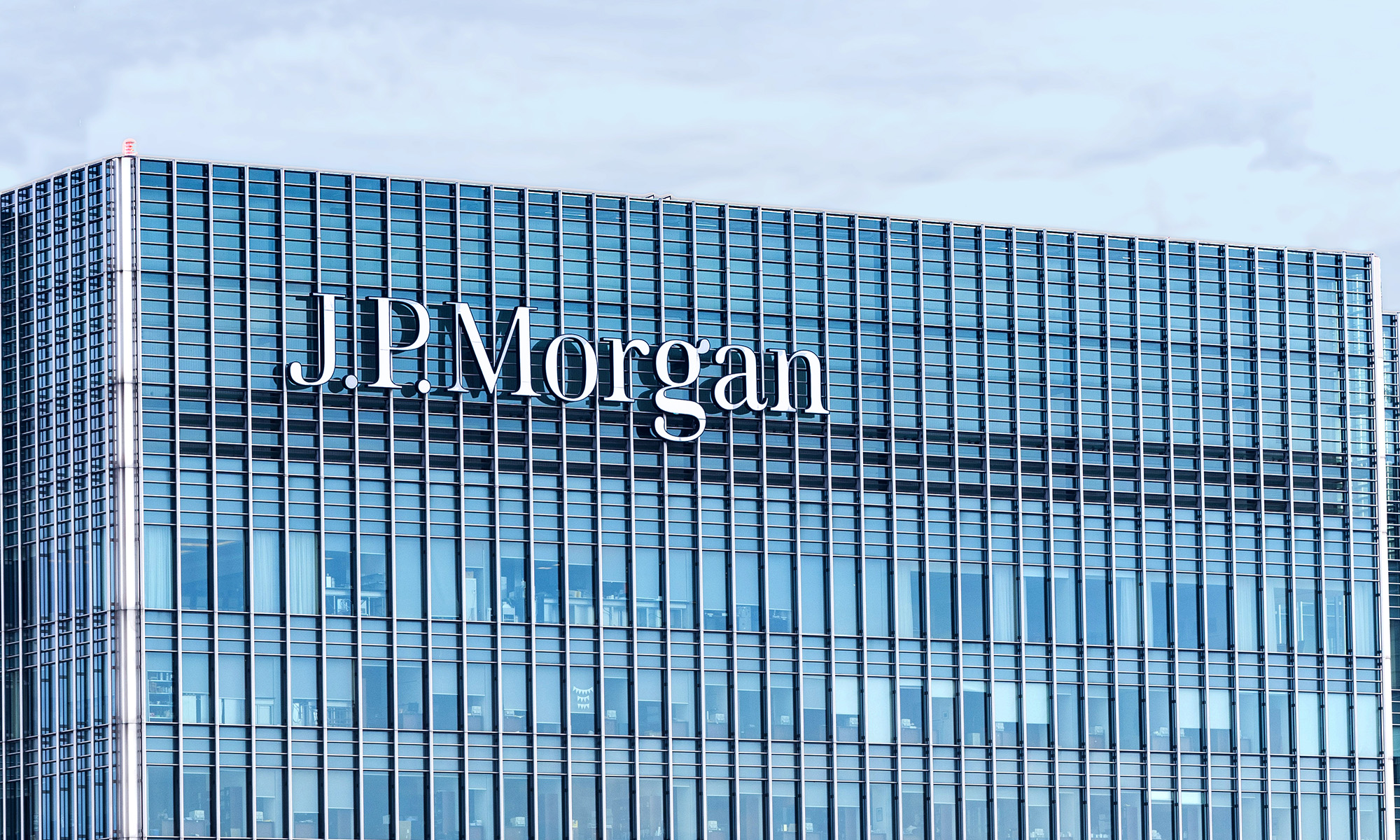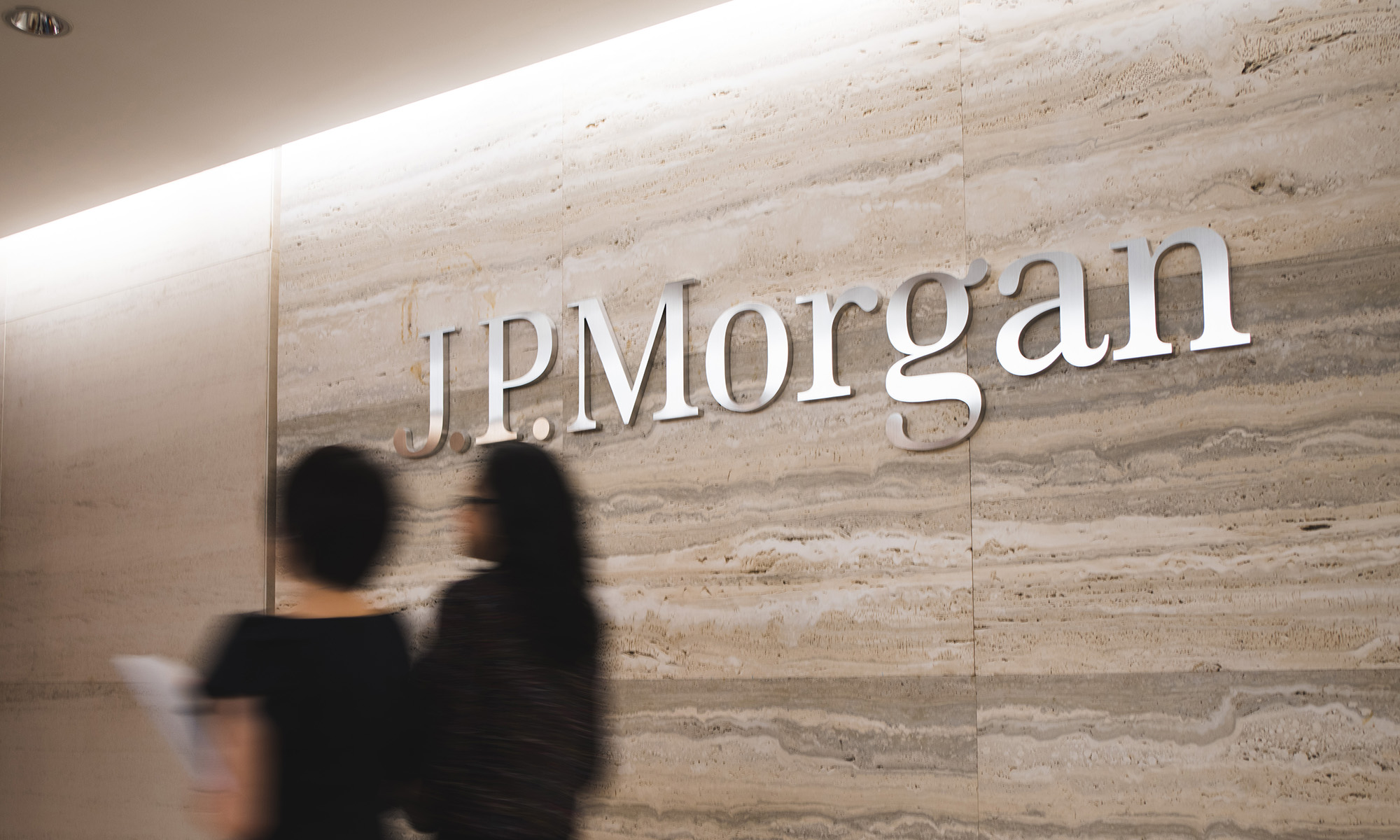If you were to look at JPMorgan Chase's (JPM +0.95%) performance in the most recent quarter, you'd be excused for wondering what's going on with its trading results.
You see this most obviously in its fixed-income trading business -- this covers bonds, currencies, commodities, etc. Revenue from that division was down 27% in the third quarter compared to the year-ago period.

Image source: Getty Images.
This is big business for JPMorgan Chase, which isn't only the biggest bank in the United States, but has become the most dominant investment bank on Wall Street over the past decade.
In the three months ended Sept. 30, 2017, JPMorgan Chase earned $3.2 billion from fixed-income trading. That compared to $4.3 billion in the same period last year. The figure fell by more than $1 billion, in other words, which is a lot even to a bank the size of JPMorgan Chase.
JPMorgan Chase hasn't given too many details about this, but in its latest quarterly report it attributes the decline to "sustained low volatility" as well as "tighter credit spreads." In other words, less is happening in the fixed-income markets right now, and the products that are being bought and sold aren't as profitable.
This is perplexing, given the optimism that otherwise seems to be coursing through the markets. Large-cap stocks are trading at the second highest valuation in history, behind only the internet bubble of the late 1990s. And consumer confidence is high, too, up 4.3% this month compared to the same month in 2016.

Data source: JPMorgan Chase.
Moreover, it doesn't seem to make sense that the markets are so placid, given everything that's going on in the world right now. And I'm not the only one that thinks this. Just a few weeks ago, the head of JPMorgan Chase's investment bank said that the complacency in the markets has convinced the bank that the next correction could catch investors and traders by surprise, which would aggravate the correction. Consequently, the bank has begun to prepare for the worst.
What's the root cause of the complacency? I don't know. My belief is that it's tied to politics, be it questions swirling about the White House or doubt that Congress will be able to push through meaningful corporate tax reform. And, of course, there's the deteriorating situation in the Middle East, with a growing sense of conflict between Saudi Arabia and its allies on one side and Iran and its allies on the other.
Nevertheless, while something is causing trading revenues at universal banks to drop, the results at JPMorgan Chase are not as bad as they might seem if you were to only focus on the fact that they fell in the third quarter by 27% on a year-over-year basis.
To this end, over the past six years, JPMorgan Chase's quarterly fixed-income trading revenues have averaged $3.6 billion. That's still more than the New York-based bank earned from fixed-income trading last quarter ($3.2 billion), but it certainly doesn't seem as dire as it looks when you only compare these results to the third quarter of 2017, when the bank's fixed-income trading revenues were especially high ($4.3 billion).






